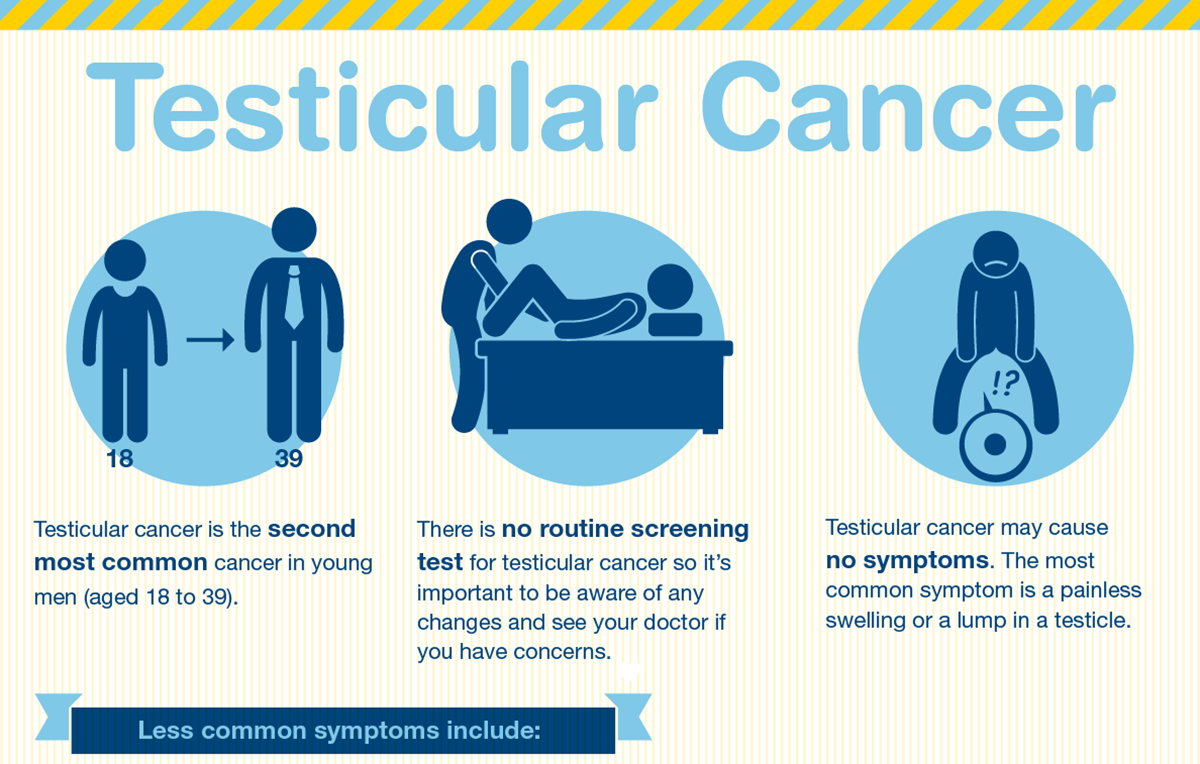Morgan Spurlock’s Cancer Diagnosis

What kind of cancer did morgan spurlock have – In 2021, Morgan Spurlock, an American filmmaker and author, was diagnosed with testicular cancer. Testicular cancer is a type of cancer that develops in the testicles, the male reproductive organs responsible for producing sperm and testosterone.
Spurlock’s diagnosis came after he experienced a persistent pain in his testicle. He initially dismissed the pain as a minor discomfort, but it gradually worsened over time. He eventually sought medical attention, and after undergoing a physical examination and ultrasound, he was diagnosed with testicular cancer.
Symptoms
The symptoms of testicular cancer can vary depending on the stage and size of the tumor. Some common symptoms include:
- A lump or swelling in one or both testicles
- Pain or discomfort in the testicle
- Enlargement or tenderness of the breasts
- Back pain
- Difficulty urinating
- Weight loss
- Fatigue
Treatment and Recovery: What Kind Of Cancer Did Morgan Spurlock Have
Morgan Spurlock underwent various treatment options to combat his testicular cancer. These included:
- Orchiectomy: Surgical removal of the affected testicle.
- Chemotherapy: Administration of drugs to kill cancer cells.
- Radiation therapy: Use of high-energy beams to target and destroy cancer cells.
During treatment, Spurlock faced challenges such as:
- Physical discomfort: Chemotherapy and radiation therapy can cause side effects like nausea, fatigue, and hair loss.
- Emotional distress: The diagnosis and treatment process can be emotionally taxing.
- Financial burden: Cancer treatment can be expensive.
Despite these challenges, Spurlock remained determined and focused on his recovery. He underwent regular medical check-ups and followed a healthy lifestyle. Spurlock’s cancer is now in remission, and he has become an advocate for cancer awareness and early detection.
Spurlock’s Experience with Recovery and Remission
Spurlock’s recovery journey involved:
- Physical rehabilitation: Regaining strength and mobility after treatment.
- Emotional support: Seeking therapy and connecting with support groups.
- Lifestyle changes: Adopting a healthy diet, exercising regularly, and managing stress.
Spurlock’s experience with remission has taught him the importance of:
- Regular follow-up: Monitoring his health and attending regular check-ups.
- Living a healthy lifestyle: Maintaining a healthy weight, eating well, and exercising.
- Emotional well-being: Practicing stress management techniques and seeking support when needed.
Spurlock’s story is a testament to the strength and resilience of the human spirit. Through his journey, he has inspired others to face their challenges with courage and determination.
Impact on Personal Life and Career

Morgan Spurlock’s cancer diagnosis had a profound impact on both his personal life and career. Emotionally, he experienced fear, uncertainty, and anxiety. Physically, he underwent surgery, chemotherapy, and radiation therapy, which took a toll on his body and energy levels.
The experience also influenced his personal life. He became more appreciative of life and spent more time with his family and friends. He also used his platform to raise awareness about cancer and encourage others to get screened regularly.
Career Impact
Spurlock’s cancer diagnosis also affected his career. He was forced to take a break from filmmaking to focus on his health. However, he used his experience to create a documentary called “One Last Thing,” which explored the emotional and physical challenges of living with cancer.
Spurlock’s cancer diagnosis has also made him more passionate about his work. He is now an advocate for cancer awareness and has spoken out about the importance of early detection and treatment.
Prevention and Early Detection
Cancer prevention and early detection are crucial for improving cancer outcomes. Morgan Spurlock emphasizes the importance of adopting healthy lifestyle choices, such as maintaining a balanced diet, engaging in regular exercise, and avoiding tobacco use, to reduce the risk of developing cancer. He also stresses the significance of regular cancer screenings, which can help detect cancer at its early stages, when it is more likely to be treatable and curable.
Early Detection
Early detection is vital for improving cancer outcomes. When cancer is detected at an early stage, it is often more localized and easier to treat, leading to a higher chance of successful treatment and long-term survival. Spurlock encourages individuals to participate in regular cancer screenings, such as mammograms for breast cancer, colonoscopies for colorectal cancer, and Pap tests for cervical cancer. These screenings can help detect precancerous changes or early-stage cancer, allowing for timely intervention and treatment.
Resources for Cancer Screenings and Support, What kind of cancer did morgan spurlock have
Various resources are available to individuals seeking cancer screenings and support. These include:
– The American Cancer Society: https://www.cancer.org/
– The National Cancer Institute: https://www.cancer.gov/
– The Centers for Disease Control and Prevention (CDC): https://www.cdc.gov/cancer/
– Local cancer support groups and organizations
These resources provide information on cancer screenings, support services, and access to healthcare professionals who can assist individuals in making informed decisions about their health.
